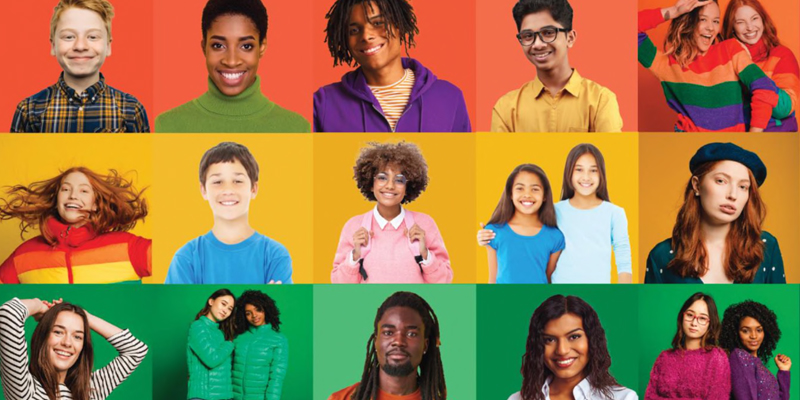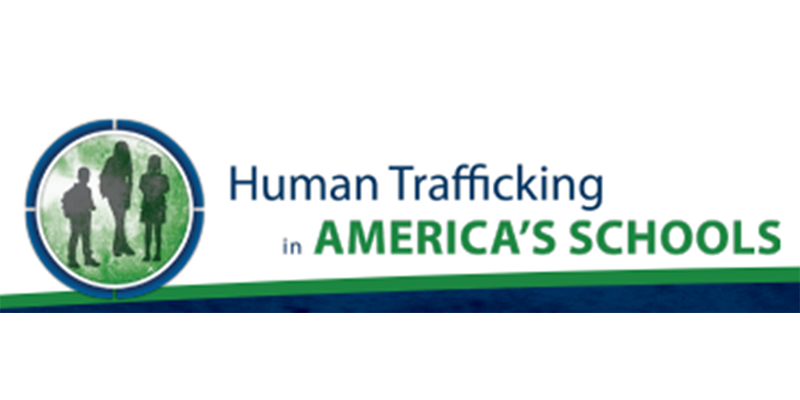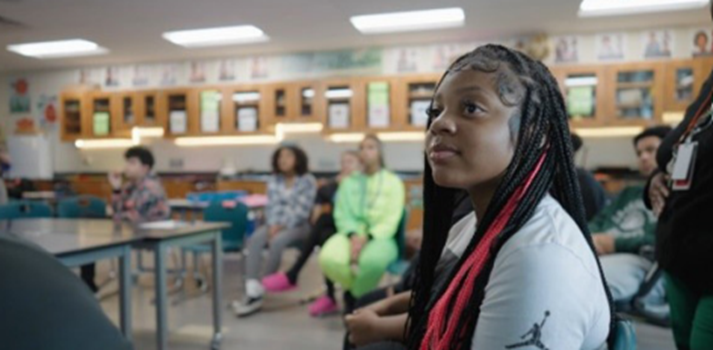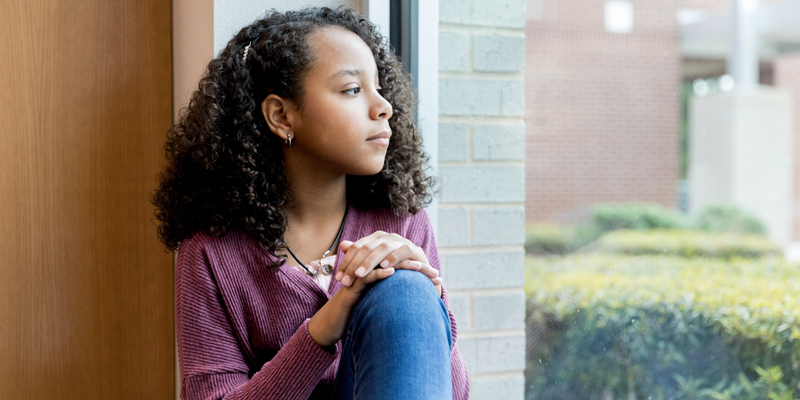United We Stand
In recent years, our nation has endured a disturbing series of hate-motivated attacks. Oak Creek, Pittsburgh, El Paso, Poway, Orlando, Charleston, Atlanta, Buffalo, and more. Each one of these incidents has left innocent people dead and communities shattered. The cumulative impact of these manifestations tears at the soul of our Nation.
When ordinary Americans cannot freely participate in the basic activities of everyday life — like going to school, shopping at the grocery store, or praying at their house of worship — without the fear of being targeted and killed for who they are, our democracy — and the very fabric of our society — is at risk.
A Fact Sheet distributed at the United We Stand Summit outlined expectations for Federal agencies to respond to the President’s call. The Department of Education has two primary tasks: 1) Support educational authorities and educational institutions to improve their ability to prevent hate-based threats and bullying and recover from hate-based violence and 2) Enhance overall school safety and climate.
Free to Learn
The Department of Education is carrying out its United We Stand commitments under the new initiative “Free to Learn.” This will be a coordinated effort between the U.S. Department of Education and U.S. Department of Health and Human Services Initiative to Enhance School Safety; Access to Mental Health Services; and Promote Positive, Inclusive School Climate.
Vision: All students learn and achieve their unique potential for success and thriving within schools that promote and ensure in-person and online safety, mental health, and positive school climates.
Call to Action
The National Center on Safe Supportive Learning Environments (NCSSLE) is leading the effort on the call to action. There are three ways to participate. Click here to join the call to action and be part of future webinars and community of practice events.








